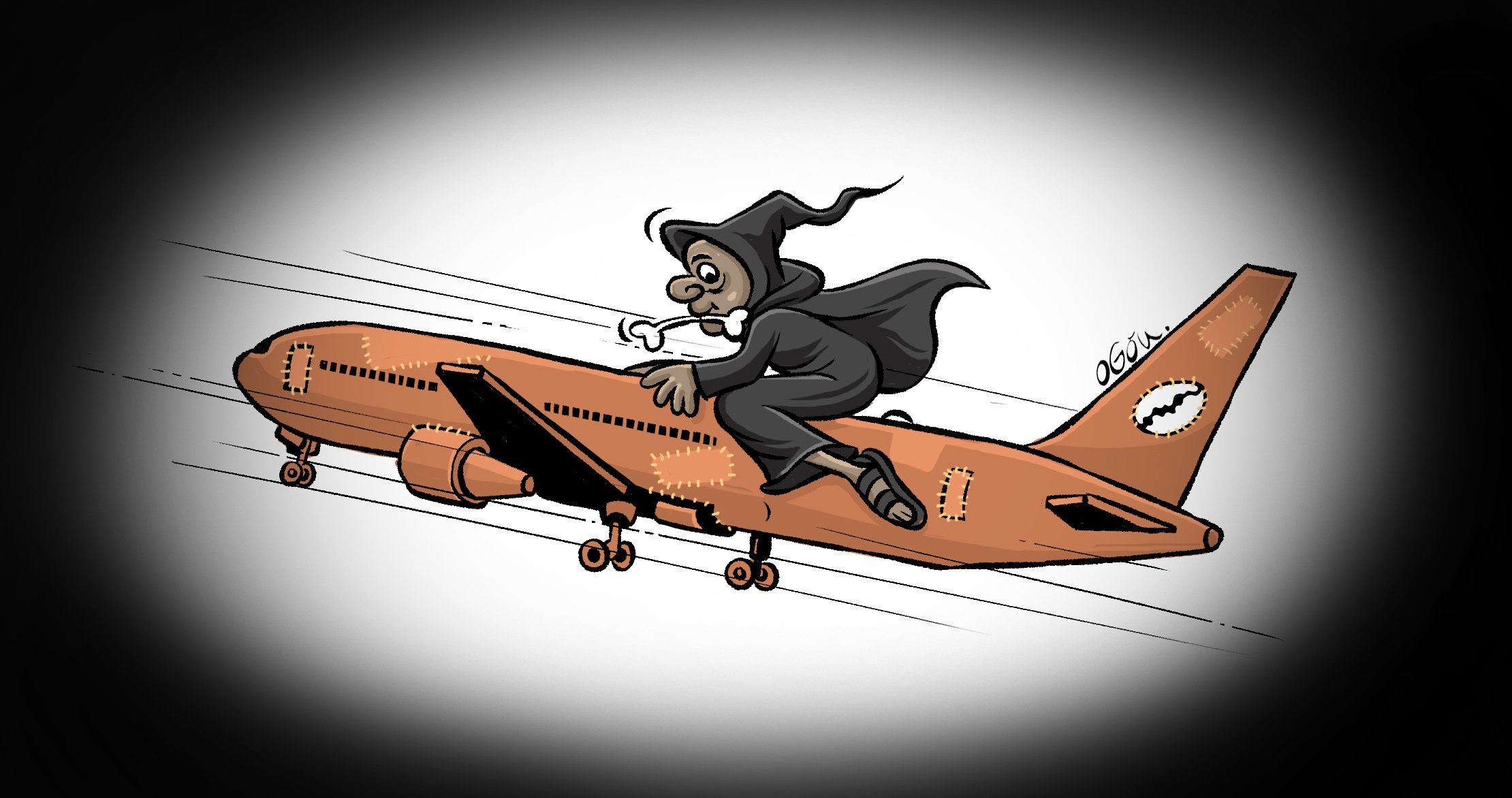Prime
How the Catholic Church goes about discipline

In the Roman Catholic Church, when someone sins and repents, they go through penance and if they interfere with the church order, they are disciplined according to the church laws, writes Brenda Banura
My first time at a Pentecostal church will always be memorable not because I was filled with the Holy Spirit or moved by the sermon, but rather, because of the way they discipline people who fornicate. The guilty parties were required to give a detailed testimony in front of the church congregation!
Fr Andrew K. Kato, a priest at Apostle of Jesus Missionary, says sin is the deliberate separation from God while crime (delict) is the separation from the unity of the church and distorting of the order of church. The laws in the Catholic Church punish those who commit delicts. But it is important to note that not all sins are delicts, though all delicts are sin.
For sin, one reconciles with their God through the sacrament of penance. This is done by going for confession to a priest, who helps you reconcile with God. Kato explains that the priest is a sign of the presence of God and the community (whose unity you have broken), and that at the end of the day, it’s God who forgives.
When one commits a delict, where the unity and order of the society is broken, a procedure to establish the appropriate penalty depending on the church’s penal laws is under taken.
“The penalties are mainly of three types; excommunication and censures is where the culprit is taken out of the believers’ community and can’t participate in anything. For example, if it is a priest, they may be banned from church activities for some time. The second penalty is interdicting, where the victim is excluded from participating in church governance. Under the suspension penalty, one is stopped from participating in certain activities for a given period of time.”
Kato says these penalties are meant to help the person and the community heal because one will normally spend time in prayer and try to come to terms with what happened. This also helps erase the scandal from society. The penalties also deter other people from committing sins. The penalty is declared by an ecclesiastic tribunal but sometimes it’s automatic.
The culprit will usually excommunicate themselves because they are embarrassed. Before coming to a conclusion, the church authority investigates reports or rumours and the culprits are given an opportunity to defend themselves before a tribunal, which then weighs the rumours, facts and defenses presented. Whatever is decided is based on the teachings of Jesus; like warning the person before taking action.
If it’s something irreversible, like incest, or if one has sexual intercourse yet they are not supposed to (like in the case of priests and nuns), the tribunal finds out if the act was done intentionally, out of ignorance, force, or seduction and if any of the above is positive, one is forgiven. There must be proof that someone is guilty. The tribunal consists of professional lawyers so that the rulings are just.
A priest is not allowed to disclose one’s confession however grave, so one doesn’t have to face the tribunal. One may only confess and ask God to forgive them. And if one asks for reconciliation from the society, they can come back to the community and even resume their former status quo.




